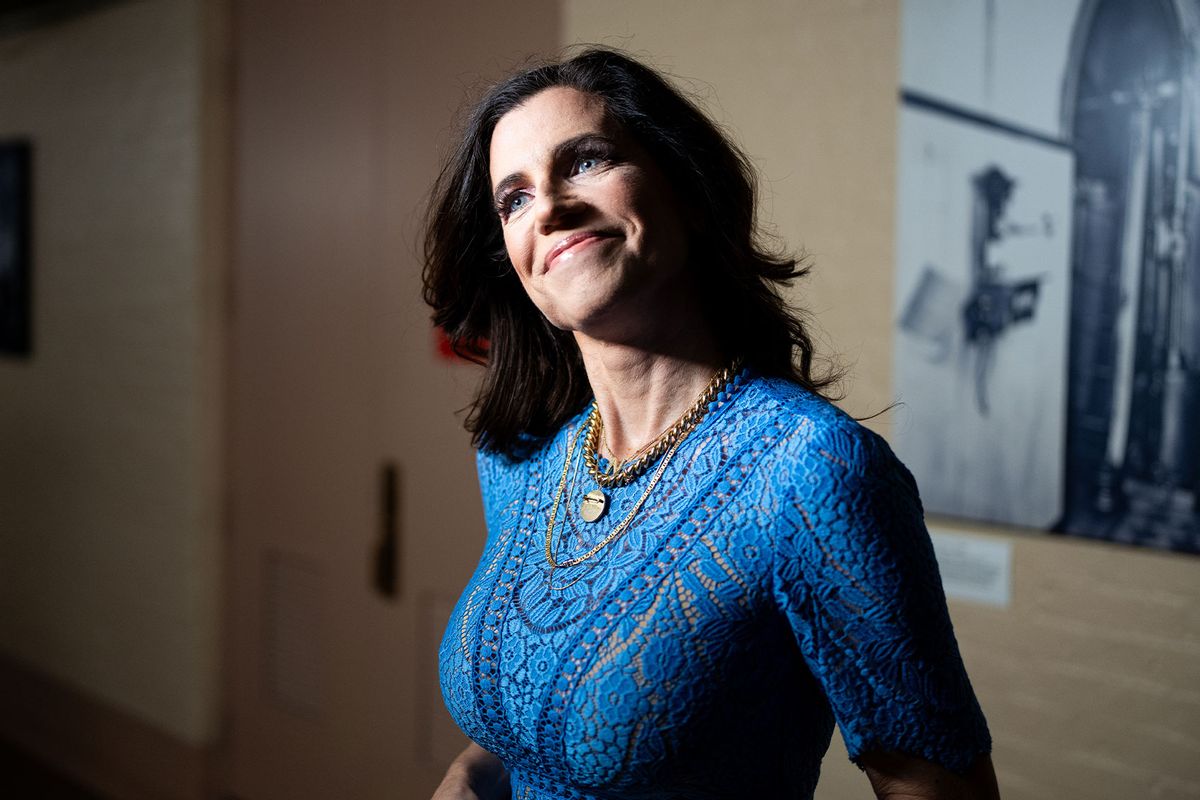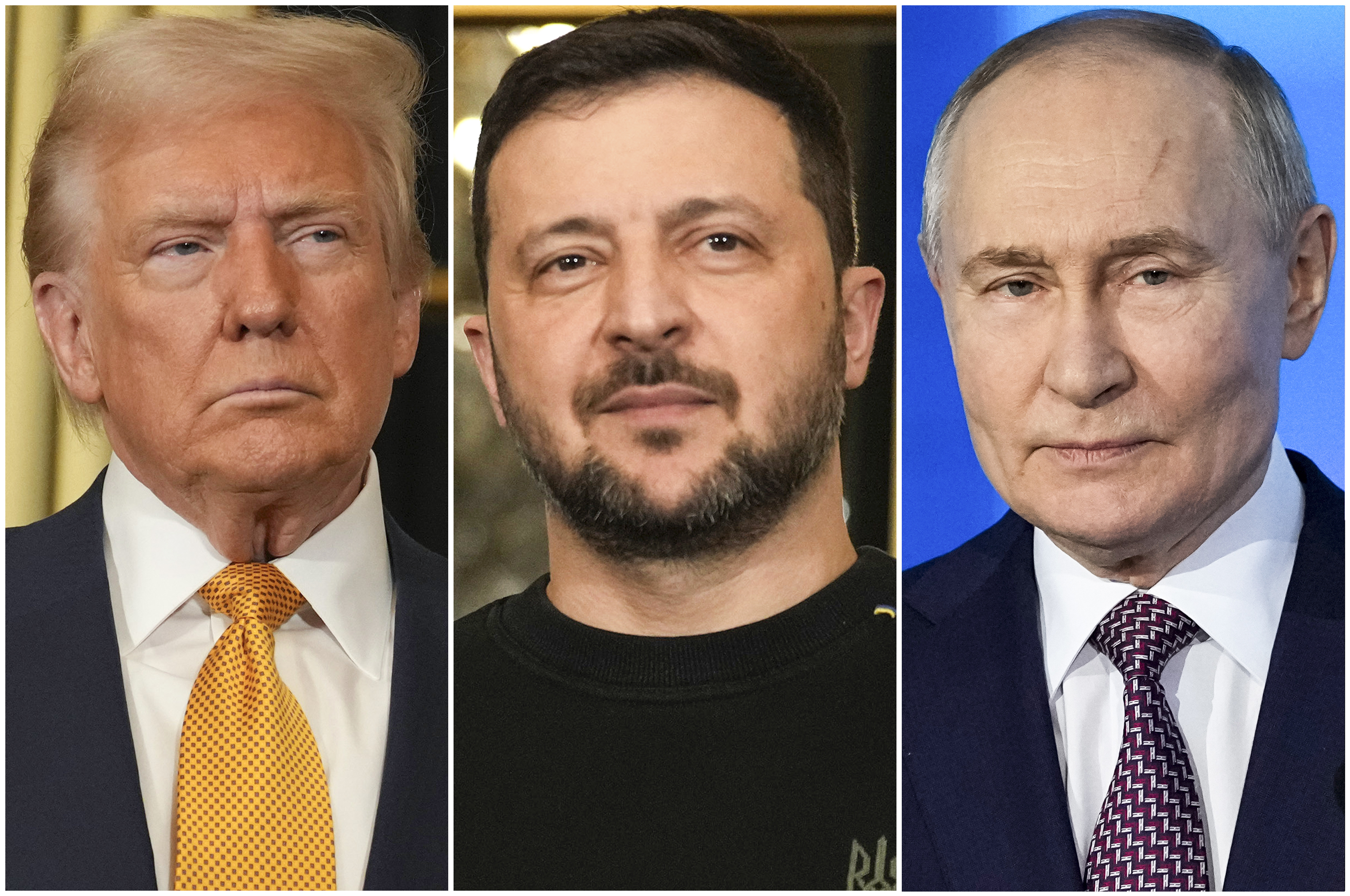According to the US, a price limitation on Russian oil will limit Russia’s ability to fund its “illegal war in Ukraine.”
The cap, which was accepted by Western allies on Friday, aims to prevent nations from paying more than $60 (£48) for a barrel of Russian crude oil that is transported by sea.
The law, which is set to take effect on Monday, will increase Western pressure on Russia over the invasion.
Ukraine argued that the Western cap should be cut in half. Russia declared that it would stop supplying to nations that enforce it.
The G7 industrialised nations—the US, Canada, the UK, France, Germany, Italy, Japan, and the EU—proposed the price cap in September in an effort to limit Moscow’s ability to fund the conflict in Ukraine.
In a joint statement, the G7, the European Union and Australia said the decision was taken to “prevent Russia from profiting from its war of aggression against Ukraine”.
US Treasury Secretary Janet Yellen said the price cap would also further constrain Russian President Vladimir Putin’s finances and “limit the revenues he’s using to fund his brutal invasion”, while avoiding disrupting global supplies which could send petrol prices soaring around the world.
“With Russia’s economy already contracting and its budget increasingly stretched thin, the price cap will immediately cut into Putin’s most important source of revenue,” she said in a statement.
UK Chancellor Jeremy Hunt declared that his country would not change its position and will keep seeking out new approaches to “tight down on Putin’s financing lines.”
The price cap deal was reached just a few days before the EU-wide embargo on the import of Russian crude oil by sea, which takes effect on December 5th.
The price cap is meant to work in conjunction with that and influence oil exports globally.
Only oil and petroleum products that are sold at prices equal to or lower than the price cap may be purchased by nations that agree to the G7-led policy.
Ukraine’s Western allies also plan to deny insurance to tankers delivering Russian oil to countries that do not stick to the price cap. This will make it hard for Russia to sell oil above that price.
Senior Russian politician Leonid Slutsky told Tass news agency the EU was jeopardising its own energy security with the cap.
Though the measures will most certainly be felt by Russia, the blow will be partially softened by its move to sell its oil to other markets such as India and China – which are currently the largest single buyers of Russian crude oil.
Before the war, in 2021, more than half of Russia’s oil exports went to Europe, according to the International Energy Association. Germany was the largest importer, followed by the Netherlands and Poland.
But since the war, EU countries have been desperately trying to decrease their dependency. The US has already banned Russian crude oil, while the UK plans to phase it out by the end of the year.
Suggest an Edit to this article
Scottish News Today
Home Page




















Discussion about this post